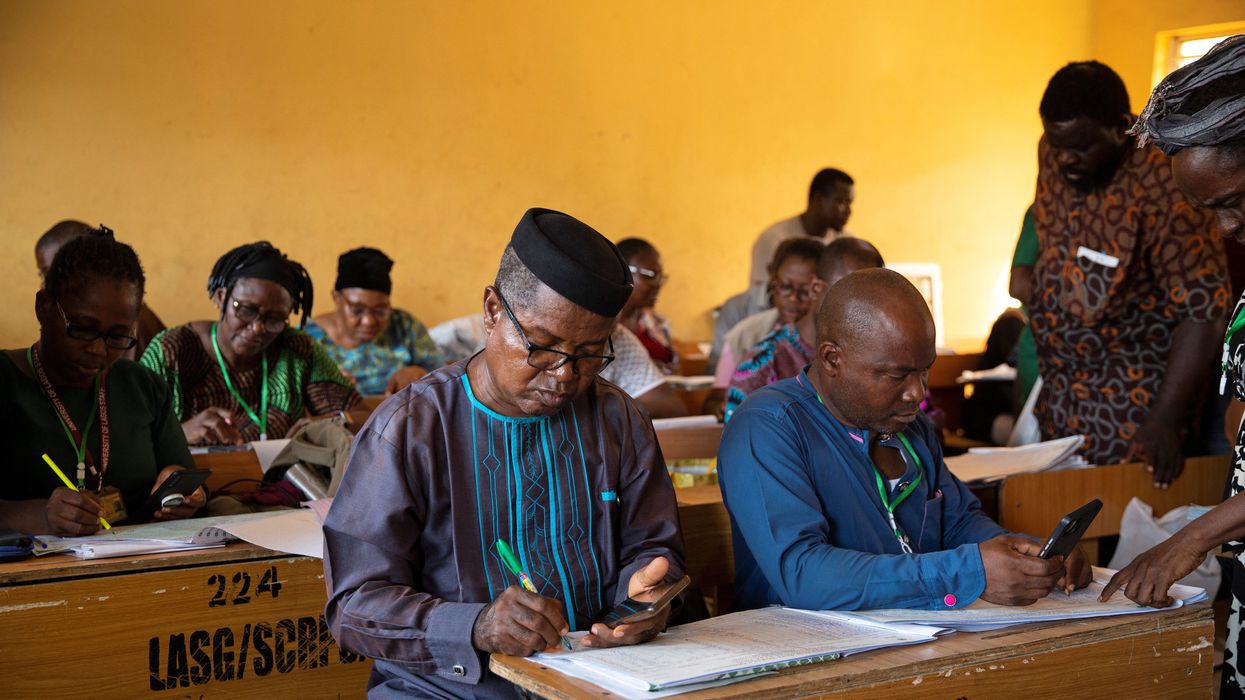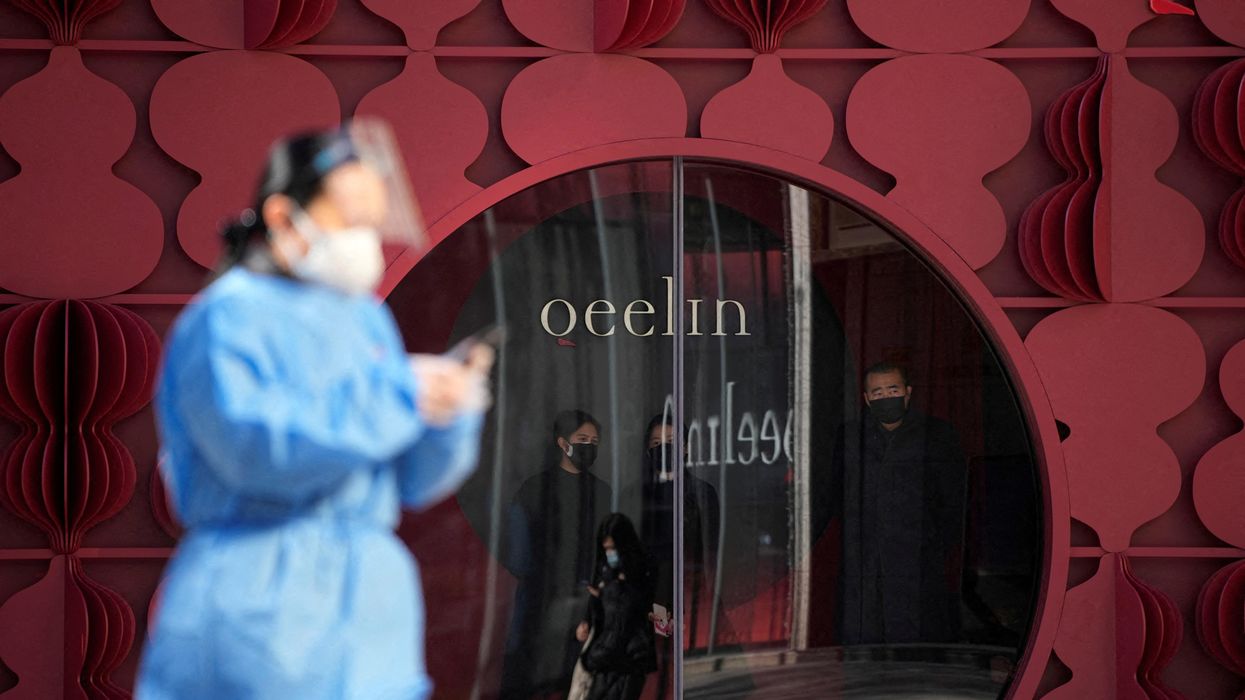ask ian
Silicon Valley Bank collapse: Not 2008 all over again
With the Silicon Valley Bank collapse, is it 2008 all over again? As China reopens to tourism, is COVID finally behind us? Will the AUKUS deal shift the balance of power in the Indo-Pacific region? Ian Bremmer shares his insights on global politics this week on World In :60.
Mar 14, 2023


